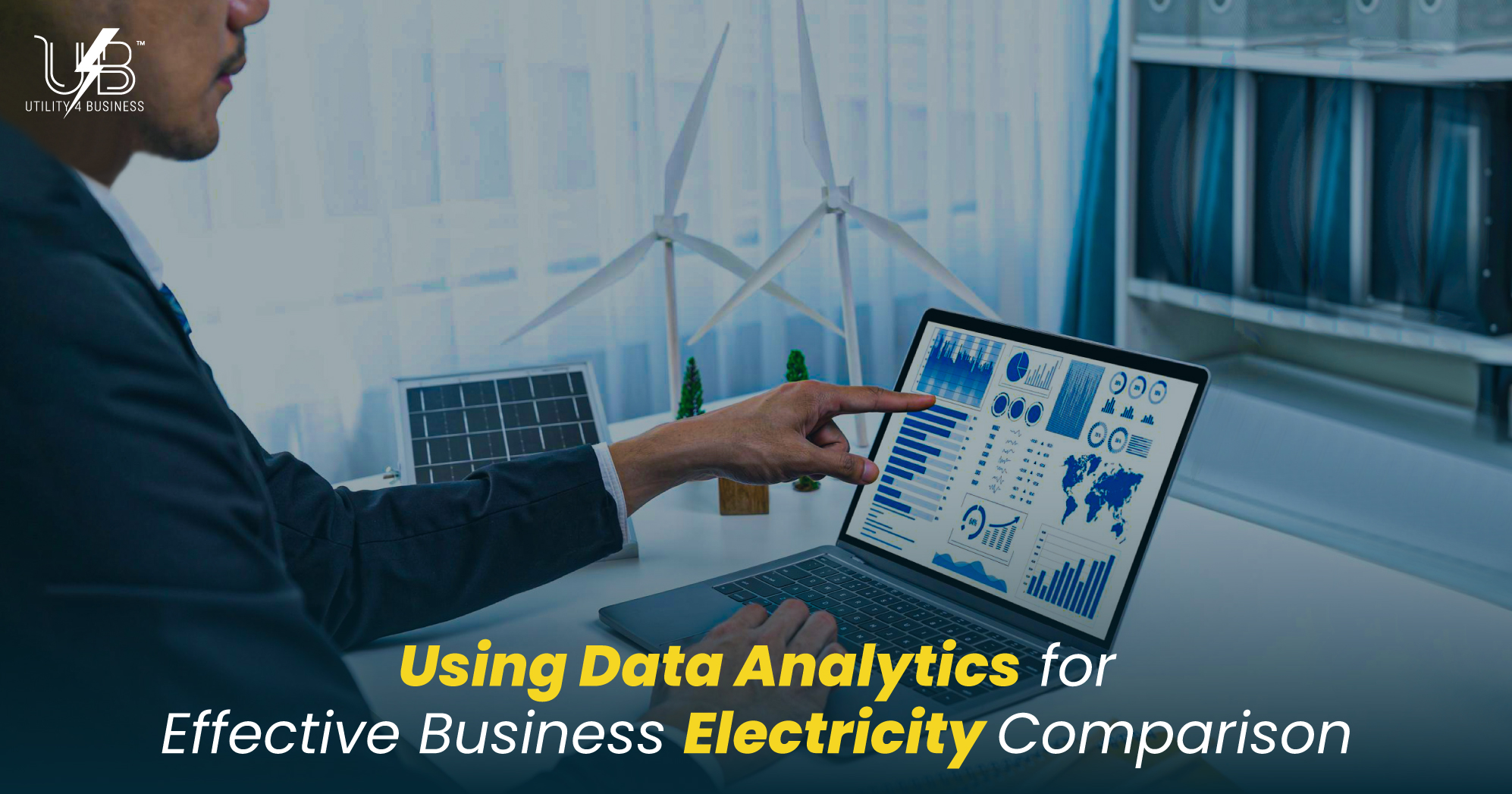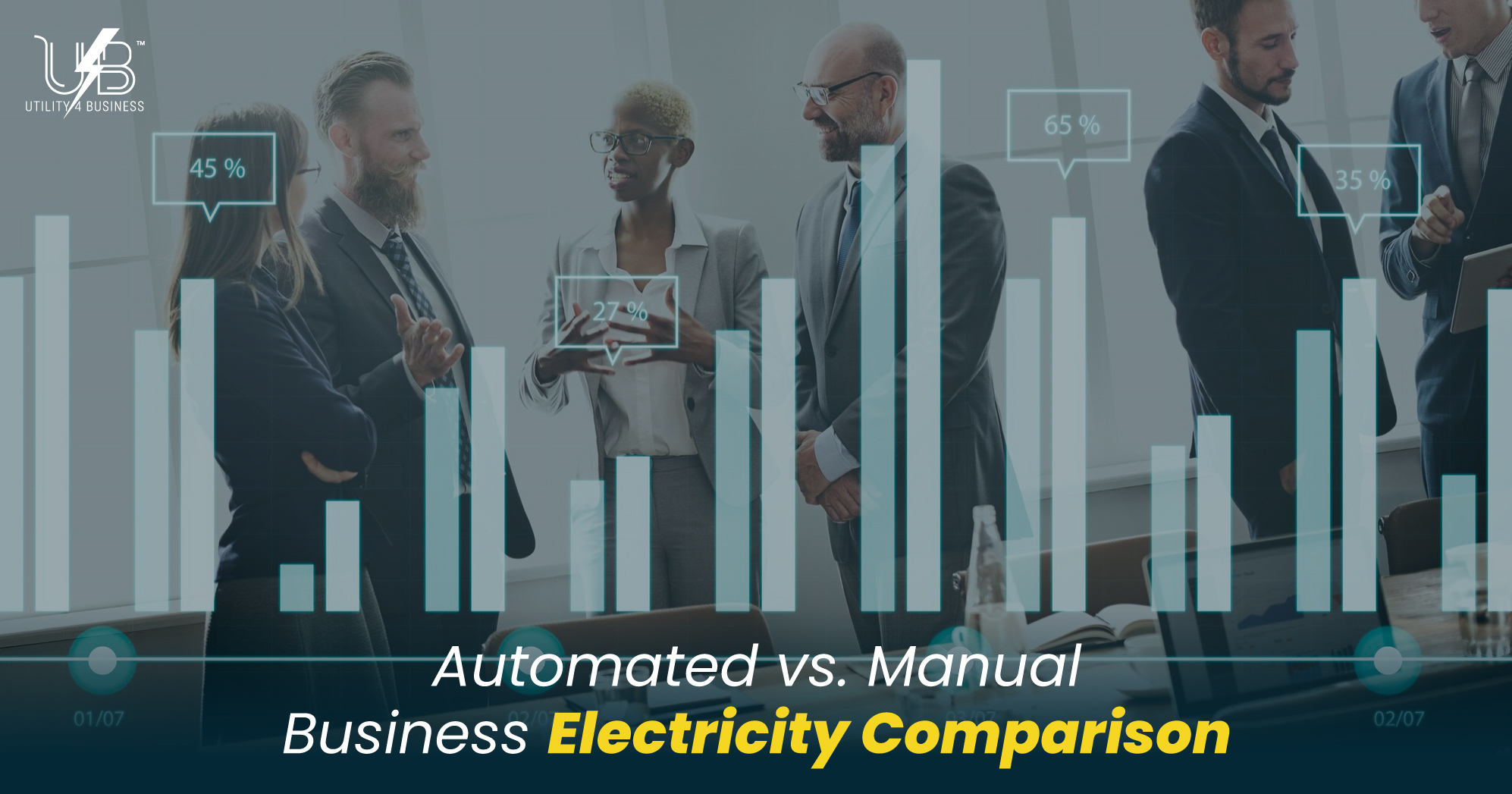The Role of Energy Brokers in Business Electricity Comparison
How Energy Brokers Cut Your Power Bills

Choosing an electricity contract now takes time and care. Tariffs change often. Unit rates rise and fall. Standing charges vary by region. Contract terms can hide costs. A business needs a clear way to compare it all. That is where an energy broker adds real value. An expert broker brings structure to business electricity comparison, cuts the noise, and helps a company sign a contract that fits its usage and goals. The aim is simple, secure fair prices, clear terms, and solid support for the full contract life.
What Is a Business Energy Broker?
A business energy broker acts as the link between a company and suppliers. The broker studies usage, requests quotes, explains options, and leads the switch. Good brokers do more than gather prices. They provide context. They track market moves. They explain how a contract works line by line. They also help after the contract starts, from bill checks to renewal plans. In short, they turn a complex market into a clear set of choices for business electricity comparison.
Why Use a Broker for Business Electricity Comparison?
Time and focus matter to every business. Calling suppliers, reading offers, and comparing terms can take days. An expert broker shortens that job to hours. The broker knows which products suit different load shapes and risk levels. They can show how fixed, flexible, and pass-through options work in practice. They flag hidden fees and tricky clauses. They also set a fair process that invites multiple suppliers to bid at the same time. That creates a like-for-like business electricity price comparison and puts the buyer in control.
How Brokers Run a Fair Comparison
A fair process starts with data. The broker gathers recent bills, meter reads, and half-hourly data if available. This shows base load, peaks, and trends. The broker then sets the tender. Each supplier gets the same brief: the same volumes, sites, contract start date, and term. The broker asks for quotes on the same basis, so each offer is easy to compare.
Key Contract Terms to Review
The headline unit rate is only one part of the bill. Standing charges can be high and vary by region. Some contracts include network and policy costs; others pass them through. The broker explains these differences and totals the numbers on the same basis. Contract length matters too. A longer fix can add price certainty. A shorter term can give more flexibility if prices fall. Start and end dates must align with meter reads to avoid out-of-contract rates. The broker also checks credit terms, security requests, and any site-specific clauses. This saves time and reduces costly mistakes when a business goes to compare electricity for businesses.
Managing Risk and Market Timing
Energy prices move with the wholesale market. Fixing at the wrong moment can add cost. A broker tracks price drivers and suggests windows for renewal. If the market drops, a broker can run a quick tender and lock in the gain. If the market rises, the broker can help stage the decision and avoid a panic buy. For firms with larger loads, flexible products can spread purchases across the year. A broker explains how that works and whether it suits the company’s risk appetite. This practical support turns business electricity price comparison into a risk-aware decision rather than a guess.
Ongoing Support After the Switch
Support does not end when the contract is signed. A broker helps set up the account, confirm rates, and validate the first bill. The broker checks for billing errors and raises them with the supplier. If a site adds new meters or changes operating hours, the broker updates the profile and advises on the impact. As renewal nears, the broker starts the next business electricity comparison in good time, so the business never slips onto expensive out-of-contract rates.
Transparency and Fees
A good broker explains how fees work. Some brokers charge a disclosed fee. Others add an uplift to the unit rate. The business must see these costs in plain terms. Full disclosure builds trust and makes the final choice easy to defend. The broker should also show the supplier panel used in the tender. The more open the process, the more reliable the business electricity comparison.
When to Engage a Broker
The best time to engage a broker is months before renewal. This allows time to gather data, prepare the tender, and run a strong bidding process. A broker also helps when a business opens a new site, merges locations, or changes operating hours. Early support avoids default rates and keeps the contract in line with real usage. For firms that plan to grow, a broker can model demand and recommend terms that support that plan. This approach gives structure to compare business electricity at every stage.
Best Practices for Working With a Broker
Clear goals lead to better results. A business should share usage data, growth plans, and any green targets. The broker can then focus on the right products and the right suppliers. The business should ask for a summary that shows the whole-term cost, not just the first-year rate. It should ask how non-energy costs are treated and how indexation works if any item is pass-through. It should confirm the service it will receive after the switch. With these points set out in writing, business electricity comparison becomes a tight, controlled process.
Sustainability and Reporting
Many firms now track emissions from electricity. A broker can help source certified green products and explain any price gap. The broker can also guide on consumption reduction and load shifts that cut spend and carbon. With the right data, a business can show progress in a simple, credible way. This turns compare electricity for businesses into a step toward wider ESG goals.
Common Pitfalls and How to Avoid Them
Rushing a renewal often leads to poor terms. Waiting until the last month can force a quick choice or a rollover. Ignoring standing charges can also skew a decision, as can missing pass-through items. Another risk is mis-aligned start dates that cause out-of-contract rates. A strong broker process avoids these traps. It sets early timelines, aligns dates, and tests each quote on the same basis. That level of care protects budgets and keeps business electricity price comparison honest.
Conclusion
Energy costs shape margins. Contracts shape risk. A broker turns a crowded market into clear choices, built on accurate data and firm timelines. The right process gives fair prices, clean terms, and steady support long after the ink dries. With expert help, business electricity comparison becomes a confident decision rather than a last-minute task.
Utility4Business helps UK businesses run a rigorous business electricity comparison from start to finish. The team gathers your usage data, runs a like-for-like tender across a wide panel, and presents results in clear, simple terms. Contracts are checked, billing is validated, and renewals are managed on time. Speak with Utility4Business today to compare business electricity with confidence, secure fair rates, and keep energy costs under control for the full term.
Find This Article Helpful? Share It Now!
At Utility4Business, we offer top-notch customer support and business utility solutions for businesses across the UK. Consider sharing this article and helping others discover how our expertise can add value to their business success.

Read Our Latest Posts
Explore our latest blog posts and learn how Utility4Business can support your business growth with tailored utility solutions and services. Stay ahead of the curve with the latest information from industry experts and take advantage of our user-friendly comparison services to find the best business deals.


Get Connected
At Utility4Business, our team of experts can help you figure out the highest-value business utility deals that will help your business grow over time.

